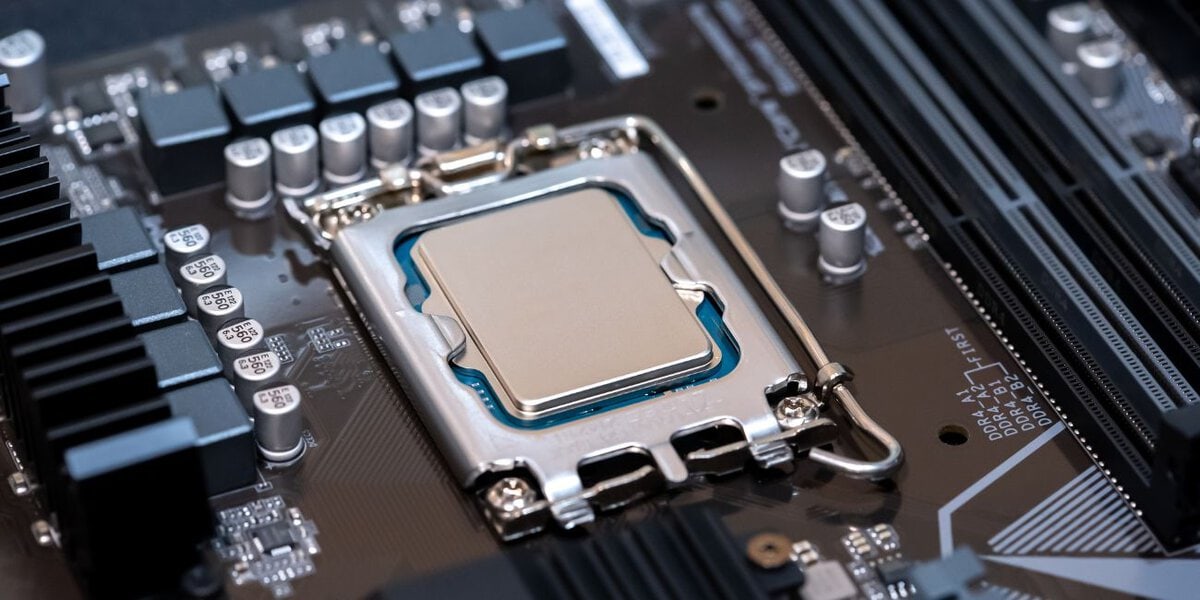When you go to buy a new laptop or PC the one thing that always makes you confused is the processor speed. You see numbers like 2.3 GHz, 3.4 GHz and sometimes 4.2 GHz — but you don’t know which one is good or bad. And the truth is not everyone needs the highest GHz.
If you want to choose the best system for your need, then you should know what GHz really means and how much is enough for you. In this guide, I will tell you everything in simple words.
What Does Processor Speed Mean? (GHz)

Processor speed is known as GHz, and it means how many billion cycles your processor completes in one second. A higher GHz means faster speed but not always better.
Let me tell you in bullets:
- Base clock speed: the normal working speed of your CPU
- Turbo speed: the boost speed your CPU can reach for a short time
- GHz works with cores: it’s not only about GHz, other things also matter
- Not all high GHz CPUs are better: newer low GHz CPUs can be faster than old high GHz ones
Good Processor Speed for a Laptop
If you are looking for a laptop, then speed should match your use. Laptops have limited power and battery, so they don’t go very high on GHz like desktops.
For normal use like school work, online browsing, or Zoom calls, a 1.8 GHz to 2.4 GHz processor is okay. It saves battery and does simple tasks fine.
But, if you want more like Office work, multitasking, or light editing, then choose 2.4 GHz to 3.0 GHz. This is better and still good on battery.
For gaming, editing, or other heavy use, try 3.0 GHz or more. But remember, high GHz drains more battery in laptops.
Good Processor Speed for a Desktop PC
Desktops are strong and not limited by battery. So, you can go for higher GHz without worry.
If you just want to use your PC for daily browsing, watching videos, or writing work — then 2.5 GHz to 3.2 GHz is enough. It handles regular tasks smoothly.
But, if you are a gamer, editor, or streamer — then go for 3.5 GHz to 4.5 GHz or more with at least 6 or 8 cores. These types of processors give you better speed and can run heavy programs without hanging or lag.
Does More GHz Always Mean Faster Performance?
Many people think more GHz is always better, but that’s not true in every case. A new 2.8 GHz CPU can be faster than an old 3.6 GHz one. It depends on other features of the processor.
You should also check the CPU generation, cache memory, number of cores, and how the processor handles heat. All these things matter with GHz.
Core Count + GHz: What You Should Know
Let me clear this one thing: GHz alone is not enough. The number of cores in a CPU is also important.
Here is what you should know:
- Dual-core: best for simple use like browsing and basic apps
- Quad-core (4 cores): good for multitasking and light editing
- Hexa-core or Octa-core (6 or 8 cores): best for gaming, editing, and more powerful tasks
Even a 2.5 GHz quad-core can beat a 3.5 GHz dual-core in real life usage.
Conclusion
Choosing the best processor speed depends on your needs. There is no fixed number that is best for everyone.
If you are not sure, go with something between 2.4 GHz to 3.5 GHz. That’s enough for most users. For heavy gaming or editing, you can choose higher — but also make sure the CPU has more cores.
Still confused what to buy? Comment below and I will help you decide the best GHz for your work.

